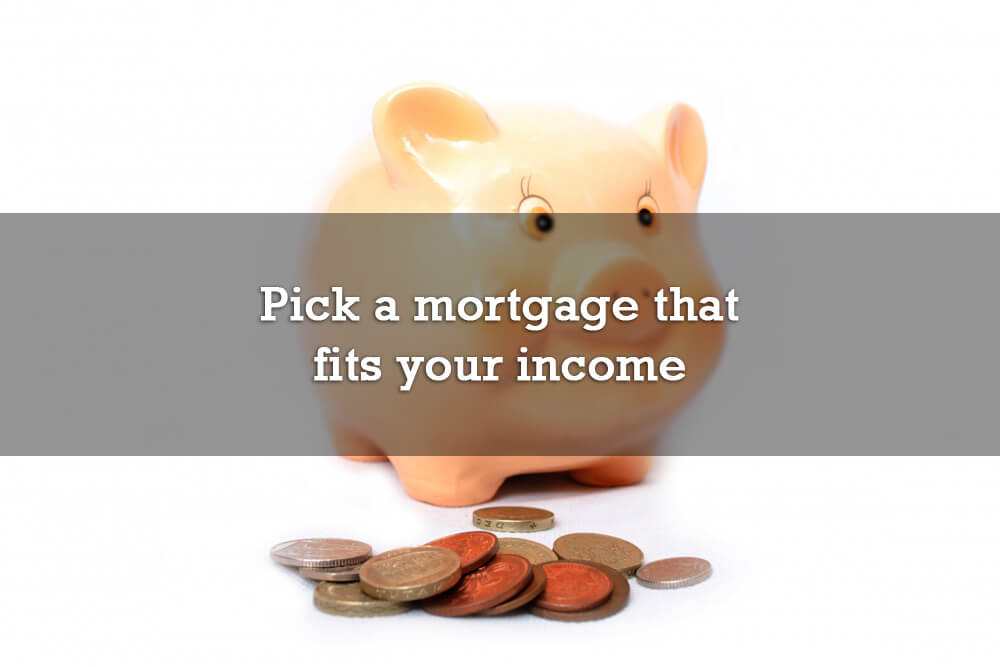Deciding on the mortgage can be a daunting task, but they basically fall into two categories:
- Fixed rate mortgages
- Adjustable rate mortgages
Fixed rate mortgages have a set monthly payment that remains constant throughout the life of the loan, which is easier to budget for. On the other hand, the interest rates tend to be a bit higher on fixed rate loans.
Adjustable rate mortgages give you a lower initial interest rate, but it carries a greater risk of rising if general interest rates rise. It works the other way, too, luckily: if interest rates decrease, your monthly payments will lower. Setting a rate cap about 5–6% above your initial rate will protect you from extreme jumps in interest rates.
If you prefer the structure of always knowing what your monthly payments will be, go for a fixed rate. If you’d rather have lower monthly payments and are comfortable carrying the risk that they could rise, get an adjustable rate.
Before applying for a mortgage, get your finances in order. Improving your finances before you start to shop can help you save thousands on your mortgage. Even if your improved finances can reduce your loan rate by just ½ a percentage point, you may save thousands of dollars in interest payments over the life of your mortgage loan.
Don’t forget to protect yourself; file away a list of all your account numbers — with expiration dates and telephone numbers. If your wallet is stolen, you can quickly alert your creditors.

